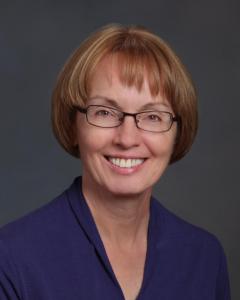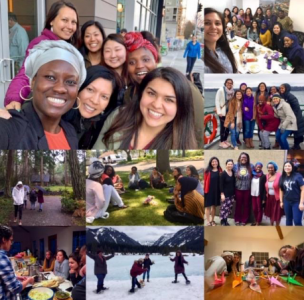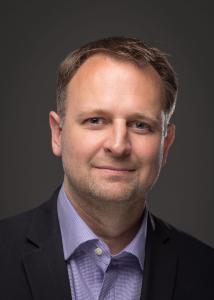Kristie Ebi Receives Honorary, Lifetime NASEM Title
Kristie Ebi of the University of Washington School of Public Health was recently designated a National Associate of the National Academies of Sciences, Engineering, and Medicine, an honorary title that recognizes Ebi’s extraordinary service to help provide analysis and advice to the government and the public on matters of science, engineering and medicine.





